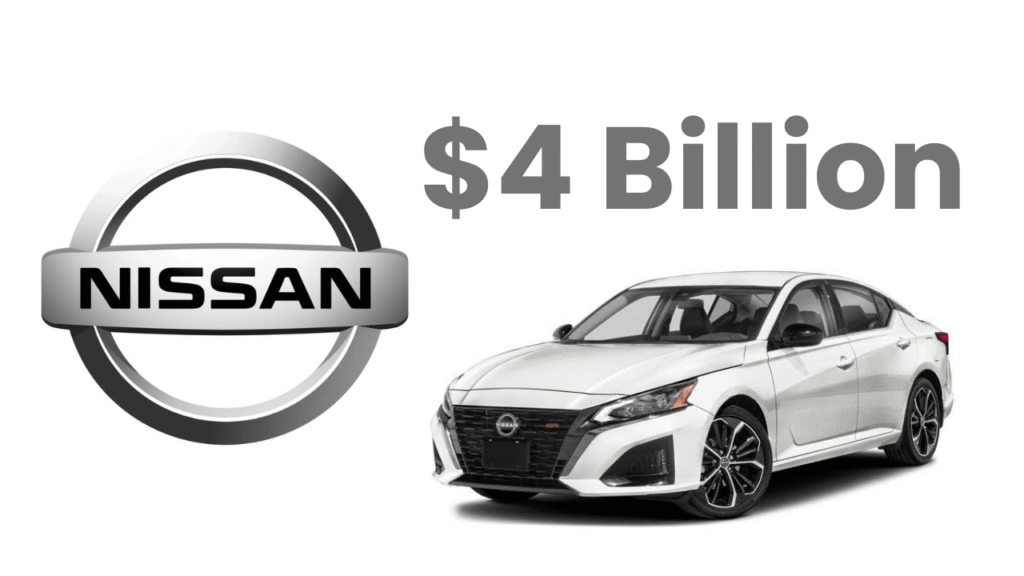
Nissan, one of Japan’s biggest carmakers, is gearing up for a major fundraising push to tackle its growing financial troubles. As per a recent Reuters report, the company is preparing to issue a massive $4 billion in bonds spread across US dollars and euros.
This comes as the brand faces serious liquidity pressure and a need to refinance its existing debt. Nissan has been in a tight spot for a while now, and this new bond sale is being seen as a crucial move to stabilize its finances and fund upcoming obligations.
Highlights
- Nissan to raise $4 billion through multi-currency bond issue for debt refinancing
- Dollar bonds split into 5, 7, and 10-year terms; euro bonds include 4 and 8-year durations
- New convertible bond and large refinancing goal signal financial pressure
- Credit rating downgrades add urgency to Nissan’s recovery strategy
Here’s what’s in the plan:
The dollar-denominated part of the bond will be split into three tranches – five, seven, and ten-year maturities – each aiming to raise at least $750 million. Coupon rates (that’s the interest paid to bondholders) are expected to hover in the mid-7% range for the 5-year bonds, high-7% for the 7-year notes, and low-8% for the longest ones.
But that’s not all. Nissan is also reaching out to European investors, offering two euro-based bond options: four and eight-year durations. Each of these will target a minimum of €500 million (around $588 million), with interest guidance set in the high-5% to high-6% range.
To round off the package, the company is also planning a six-year convertible bond worth ¥150 billion (about $1.04 billion). All this is aimed at one thing — refinancing existing debt and keeping things running smoothly amid tough times.
Also Read: Renault Triber Facelift Launching on July 23: What to Expect From the Updated MPV
Why now?
Nissan recently requested suppliers to delay payments — a clear sign that they’re looking for ways to conserve cash. The company’s financial health has been under a microscope, especially after it reported a painful $4.5 billion net loss for the year ending March 2025. Its car lineup is starting to look dated, and global sales have taken a hit.
On top of that, rating agencies like Fitch, Moody’s, and S&P have all downgraded Nissan’s credit status to “junk.” That means borrowing money just got more expensive and more difficult. Fitch even said Nissan’s cash flow and profitability look weaker than peers like GM, Ford, or Stellantis. However, they did point out that Nissan still maintains a relatively low debt-to-equity ratio, which is a silver lining.



